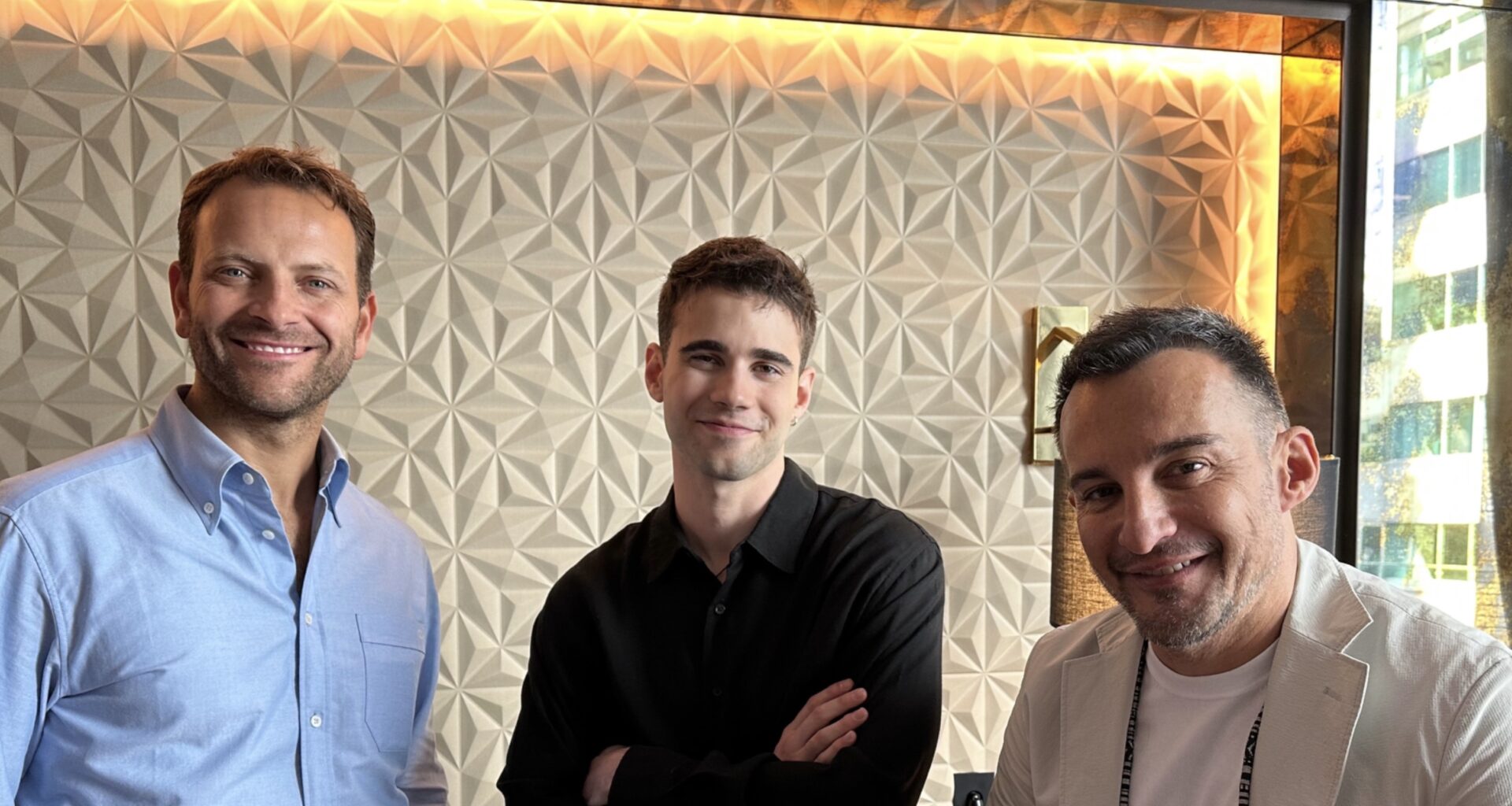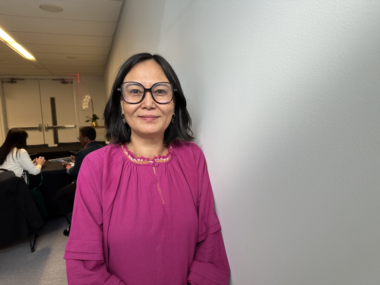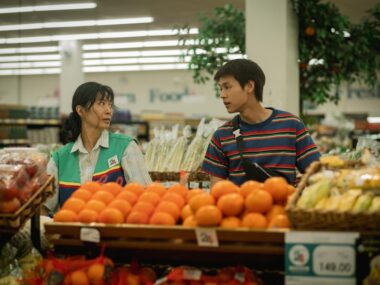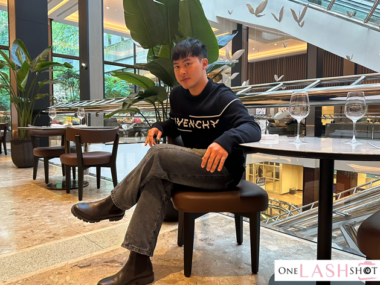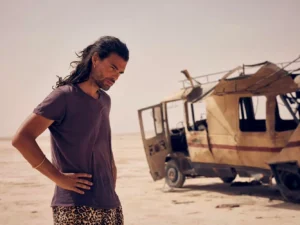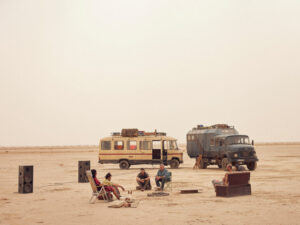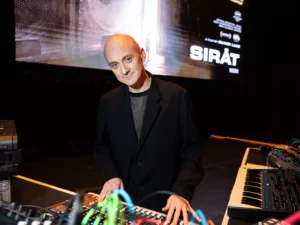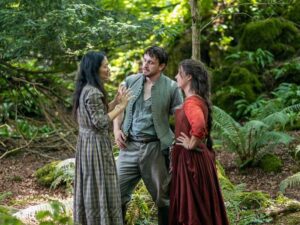Alejandro Amenábar is a Chilean-born Spanish filmmaker known for his mastery of suspense and thought-provoking storytelling. He gained international fame with Open Your Eyes (1997) and the chilling The Others (2001), a supernatural thriller starring Nicole Kidman. His films often blur the lines between psychological tension and existential questions, with The Sea Inside (2004)—a poignant drama about euthanasia starring Javier Bardem—winning the Academy Award for Best Foreign Language Film. Amenábar’s work is marked by atmospheric tension, emotional depth, and a talent for making audiences question reality. Whether crafting eerie horror or profound drama, he’s a filmmaker who challenges perceptions and keeps you on the edge of your seat.
Julio Peña Fernández (born July 15, 2000) is a dynamic Spanish actor and singer, widely recognized for his roles as Manuel Gutiérrez Quemola in Disney Channel’s Bia and Ares Hidalgo in Netflix’s Through My Window. He also shines in the Money Heist spin-off, Berlin. Peña’s journey began on the stage, where he showcased his talent in productions such as The Nightmare Before Christmas (2012), Mamma Mia! (2015), and Moulin Rouge (2018) at Madrid’s Arcadia Theater. With a seamless transition to film, he now takes on a pivotal role in Alejandro Amenábar’s The Captive, a historical drama inspired by Miguel de Cervantes’ five years as a captive in Algiers.
Alessandro Borghi is an Italian actor known for his intense performances and versatility across film and television. He rose to fame with his breakout role in Suburra (2015), a gritty crime drama where he portrayed a young gangster navigating Rome’s underworld. His portrayal of complex, morally ambiguous characters quickly earned him critical acclaim. Borghi’s range is impressive—he’s equally at home in historical dramas like The Trial (2019), as he is in action-packed thrillers like The Land of the Sons (2021). Whether playing a vulnerable hero or a ruthless antagonist, Borghi brings depth and authenticity to every role, making him one of Italy’s most dynamic young actors.
In The Captive, Alejandro Amenábar transports us to 1575, where the fate of a battle-worn Miguel de Cervantes takes a tragic turn as he is captured and imprisoned in Algiers. The film weaves together his audacious escape attempts, his transformation into a masterful storyteller, and an unlikely romance with the powerful governor of Algiers. Julio Peña brings the indomitable Cervantes to life, while Alessandro Borghi portrays the captivating and complex Hasán Bajá, crafting an intense, emotionally charged historical narrative.
One Lash Shot had the distinct privilege of engaging in a profound conversation with director Alejandro Amenábar and actors Julio Peña Fernández and Alessandro Borghi, as they ventured into the tumultuous saga of Miguel de Cervantes, unraveling the poignant and harrowing narrative of his prolonged captivity in Algiers in The Captive.
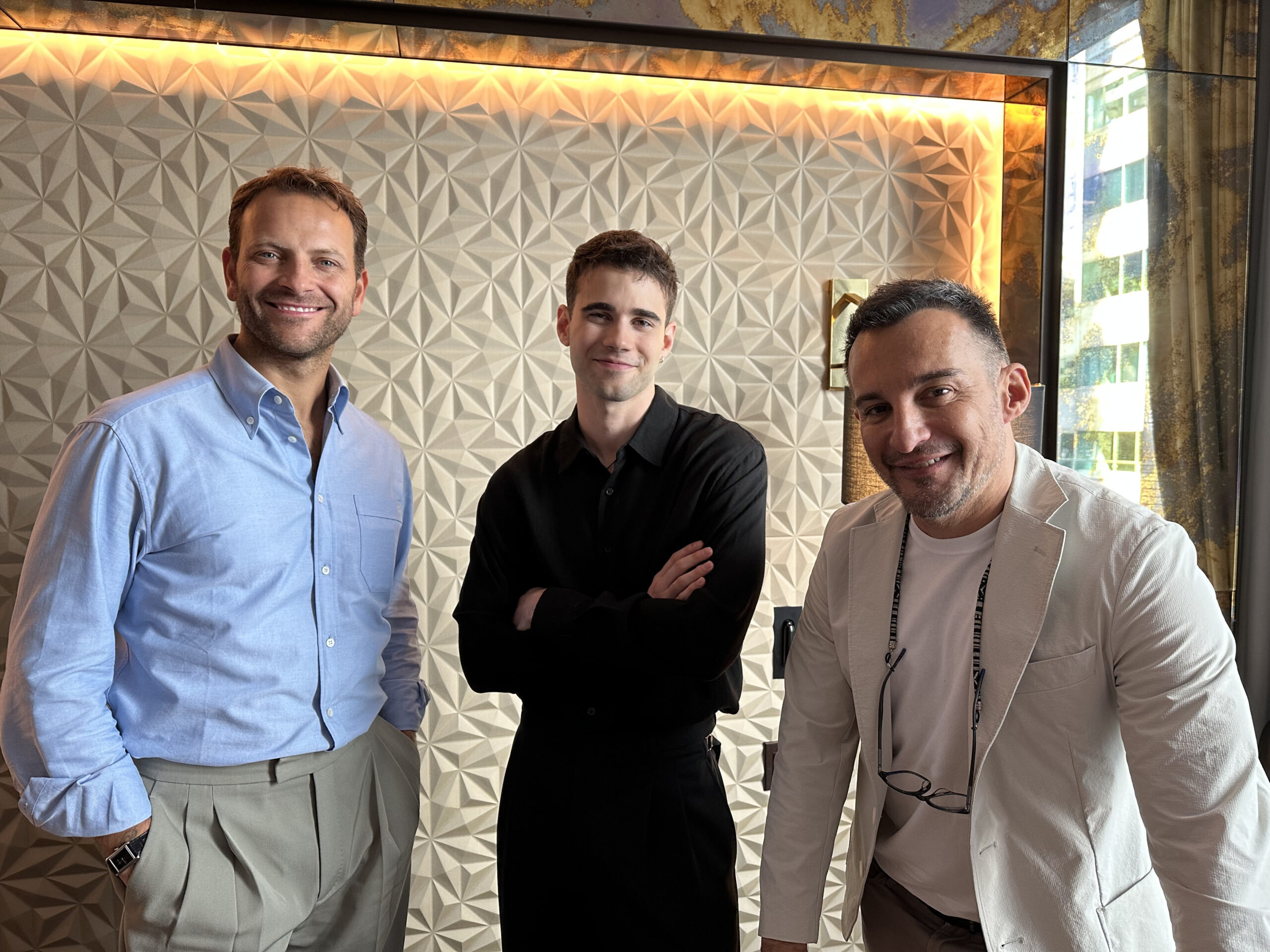
What drew you most to telling this particular episode of Miguel de Cervantes’s five- year spell as a captive in Algiers?
Alejandro: Well, I think it’s the perfect period of his life to understand who he was going to be as an artist and as a person. I wanted to tell a story about his life, but not just a typical biopic. I wanted to get to know his soul. And as I said, during this period, he learned so much from trauma and how to express it as an artist.
Given that one of Cervantes’s tales in Don Quixote is also titled The Captive and includes autobiographical hints, how closely does your film connect with that particular narrative?
Alejandro: Once we understood that we were dealing with the greatest storyteller ever and how he ended up writing Don Quixote, we had to find a way to connect his masterpiece with our movie. And that’s how this film became a tribute to the art of storytelling.
As for the real facts, I think people will be surprised by how many things in the movie are based on actual events.
Julio and Alessandro, what were your first impressions when you read the script, and were you already familiar with Cervantes’ history before diving into it?
Julio: Well, when I first read the script, it really captivated me. I was so invested in it, and I think it’s one of the first times I’ve read a script almost in one go. I remember I had to travel that day, and I kept reading the whole time. I was reading in the elevator, I couldn’t stop. And by the end, it was so devastating. I had this feeling of nostalgia, kind of. I really, really loved it, to be honest. It’s one of the scripts I’ve liked the most, and I think it’s the script I’ve enjoyed the most on the first read.
Alessandro: I thought it was going to be difficult. I thought it would be really challenging, and I was extremely grateful that Alejandro thought of me for the role. From the beginning, I was so fascinated by the idea of being part of something like this. This project is really, really different from anything I’ve done before. And especially, I love the idea of working in another language because every time I’m surprised by something, I discover something new. I didn’t know anything about Spanish, and I didn’t know anything about Cervantes’ story, so it was really like diving into something completely unknown and trying to bring everything with me, with the incredible help of these two, which was great.
Julio: I didn’t know much about Cervantes either, so I didn’t have much to say. I knew he wrote Don Quixote and the basic things everyone knows about him in Spain, but I think this particular period of his life is really unknown, which makes it fascinating to tell the story and help people discover it.
Alejandro, you composed the score yourself. How did crafting the music influence your reflections on the characters or themes of the film?
Alejandro: My approach is always very classical. I see movies—at least my movies—in an operatic way, so I develop specific tunes or themes for each character. In this film, I had a theme for Cervantes, one for Hasán Bajá, and another for the final part of the movie. I work as if it were a musical piece. I completely separate my process when composing music. I first become the composer for the film, and then I step back into my director role. Sometimes, I even end up discarding music I’ve previously composed for the movie.
Julio, you originally were a theatre artist before getting into TV and eventually film. What elements from your time in theatre did you use to embody a young Miguel de Cervantes—both emotionally and physically—in these extreme circumstances of imprisonment?
Julio: From the beginning, I felt this was a really theatrical movie. The way Alejandro works, there’s so much space for creativity and for character development in that sense. I remember rehearsing the scenes from the start and using a lot of the space. Alejandro had a clear vision of how the space would serve the storytelling, and I felt, in a way, that it was theater within a movie, which was amazing. It was such a gift because, you know, theater is kind of the home of it all, like the mothership. To be able to have that freedom on set was an incredible gift. We filmed like that, with complete scenes, and I could be free to explore, which was great. So, for sure, my experience in theater since I was a kid really helped with the character.
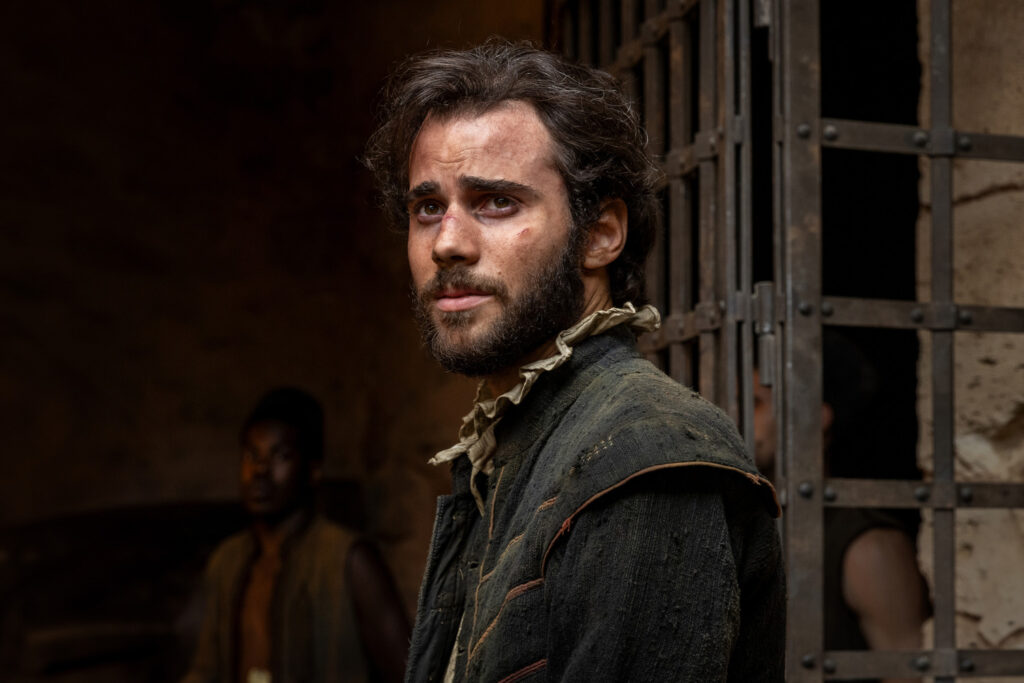
Alessandro, you began your career as a stuntman at Cinecittà before moving into TV, and this isn’t your first time starring in a film with historical roots—you did the same with The First King: Birth of an Empire. Did this new film give you an opportunity to reconnect with that background? And how did you find working on a Spanish production as an Italian?
Alessandro: I have to say, getting older, I’m changing. I remember when I was around 20 or 25, I used to prepare for movies a lot—asking myself tons of questions, trying to figure out the best way to do something or say something. But in the last five or six years, something has shifted. When the script is really good, like in this case, I just follow the flow.
Why am I telling you this? Because, for example, on The First King, I was obsessed with the idea of giving a performance, you know? I wanted to prove to myself and to others that I was capable and at the level of being part of something like that.
Now, it’s always a great challenge, but it’s something I love to discover on set. I love putting on the costume, wearing the right shoes, and stepping onto set, where I can connect my body and mind to what I have in front of me. And with this movie, I really did that for the first time. Maybe it was because I didn’t question myself—I just talked with Alejandro about what we needed in each scene, what we had to build in the relationship with Julio and Miguel Cervantes. But every time I stepped on set, I was surprised. It was impressive to see how Alejandro could manage everything. He does everything. Everything. He’s involved in every aspect. And in his mind, he has the entire movie figured out. You just need to see it through his eyes. Sometimes it’s easy, sometimes it’s not, but he knows everything. He doesn’t just have an idea of the movie—he has the movie in his mind.
So, you just follow the flow, trust him, trust the process, and enjoy it. That’s what I did, and I really enjoyed it.
The approach to the Spanish production was interesting, though. I used to think this job was the same everywhere. At some point, someone calls ‘Action,’ and you do your job—that’s universal. But the language was really challenging. In the end, though, I felt really happy because, at first, I wasn’t sure I’d be able to do it. I didn’t know anything about Spanish and wasn’t sure if I was good enough. At one point, I pushed myself, with the help of Daniela, my coach, who was so important to me. In the end, I really enjoyed every day, waiting for something to happen, and that’s exactly what did happen.
Hasán is both captor and, in some ways, fascinated by Cervantes. How did you balance portraying authority, menace, and perhaps empathy or curiosity? And Julio, for Miguel how did you portray the innocent yet ambitious storyteller in Miguel?
Alessandro: Yeah, actually, it was so much fun for me to have the opportunity to create a connection between these two characters. It felt like every time, I tried to push just a little bit more to get a reaction from him—not just as an actor, but as a character. So, every time, we built something that was a little more than the last time, changing the type of power Hasán had over him.
At the beginning, it was like, “Okay, you’re the slave, I’m the Bajá, I’m in control, and you’re going to do what I want.” Then it shifted to, “Alright, you’re good at telling stories, you’re going to entertain me, so let’s go.” At some point, it became something different—like, “I like this guy, not just because he’s a good storyteller, but I like his body. I want to exercise power over him, to desire him.’ Then, later on, it was about the obsession with being desired. It wasn’t about me desiring you; it was about wanting you to desire me.
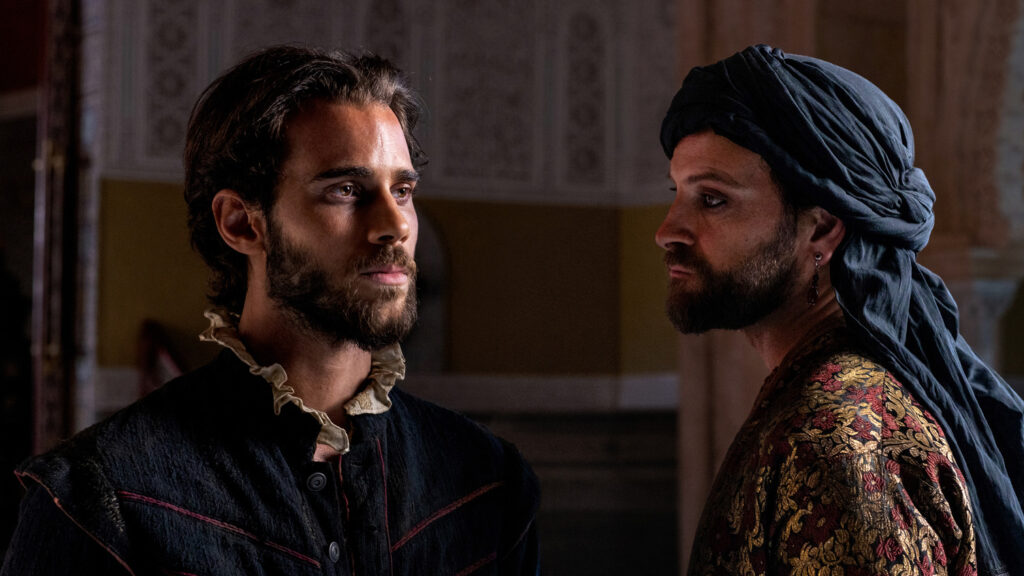
Every time, I was pushing a little more, testing the boundaries, until the end, where it’s clear that something is going to explode, right? Because it’s all building up. The last scene we filmed together was one of the most difficult emotionally. We talked a lot about that scene, and in the end, it felt like a liberation for me. It was like, ‘Okay, we did it. It was right there in front of us.’
And as I said, every day was like, “Okay, guys, here’s the script. What are we going to do?” We’d ask, “Do we have other ideas? Do you want to grab a drink tonight and talk about it?” It was just like that—discovering something new every day.
Julio: For me, I think being vulnerable and innocent, and being a really good storyteller, are qualities that really complement each other. When we first talked about Cervantes with Alejandro—because, as Alejandro says, he has the whole movie in his head—every doubt you have can be resolved just by asking him. And he really wanted to bring Cervantes closer to the audience. He wanted people to genuinely root for Cervantes, to want him to succeed, to see him as this kind of hero, right?
I think it’s important for Cervantes to be innocent and vulnerable because he’s a really sensitive human being. The same applies to actors. For example, I know that part of myself is something Alejandro saw and really wanted in Cervantes. We worked on other aspects, too, where there was maybe less of that vulnerability in my personal behavior, and we had to work a bit more on that. But that was one of the things Alejandro really wanted for the character—this innocence, this vulnerability.
I feel it’s essential for the character to have that innocence to make him more relatable to the audience. He can’t be this really good storyteller who’s just a cool, confident guy, right? He has to have that insecurity so people can connect with him emotionally.
For all three of you, what was the greatest challenge you faced in the shooting process?
Alessandro: I had some practical challenges, like the language and other things. But in the end, I wanted to prove to myself that I was capable of being part of such a big movie, with such a great director, in another language, tackling something I really didn’t know. It was daunting—it was completely outside my comfort zone. And it’s probably the only thing right now that truly attracts me about my work.
I never take anything for granted in this job. For me, every project feels like the first time. I never feel safe. I might pretend in front of others that I’m sure of what I’m doing, but deep down, I know that at night, I’ll be lying awake, thinking and wondering if people are going to be happy with what I’ve done.
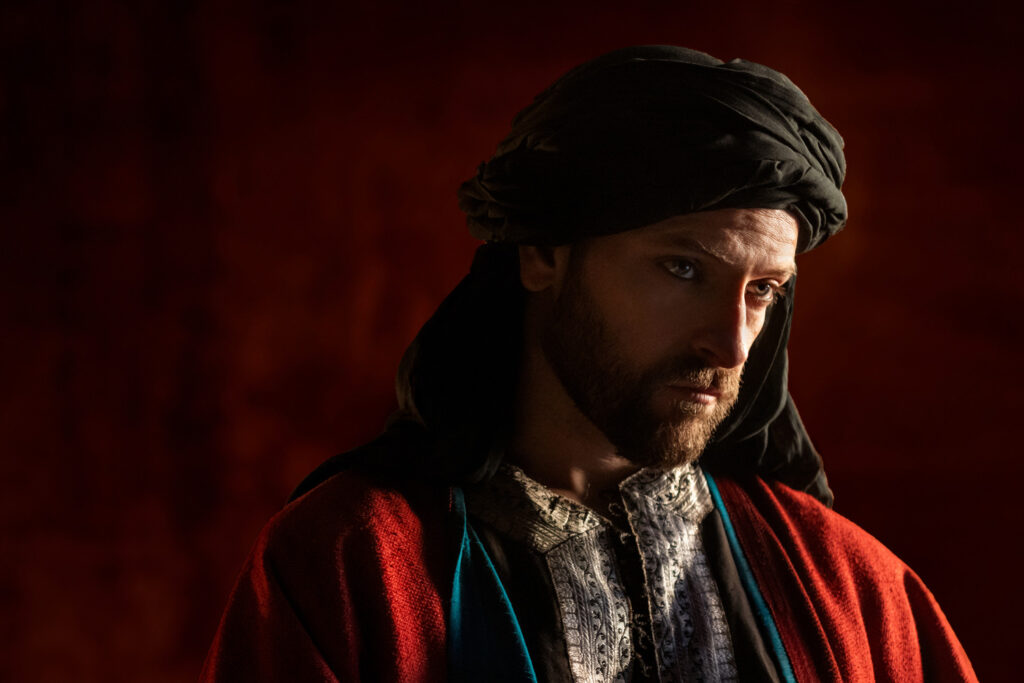
Julio: I had so many challenges in this movie—so many, to be honest. For starters, Cervantes was 30 years old, and when I was cast, I was 23. It was far from where I was in my life at that time. On top of that, being on set almost every day, trying to keep my cool, staying calm, and doing my job while dealing with all the pressure I put on myself—that was really difficult. Just keeping up with the work was a challenge in itself.
But talking specifically about Cervantes, I remember discussing with Alejandro that one of the things we really had to fight for was finding Cervantes’ venom, you know? That side of him—he’s such an intelligent human being, and when he wants to hurt someone, he knows exactly how to do it. The voice, the tone, the look in his eyes, the way he refers to someone when he’s hurting them—those were very specific things we really had to focus on and fight for. It had to be clear and present. That was a huge challenge for me, and I had to step way outside my comfort zone, just like Alessandro said earlier. But that’s exactly what I love about it.
Alejandro: For me, there were two main challenges. One, regarding the project: A close friend of mine knew I was going to do this movie, and he said, “Look at your career—you can’t allow yourself to tell this story. No one cares about something that happened four centuries ago.” But now, as we’re about to release the movie in Spain in a few days, we’ll see. I think the challenge for me was to show people that this story is incredibly relevant, contemporary, and touching— which I believe it is.
The second challenge was related to casting. Of course, we had Alessandro, and I was so lucky that he immediately said yes to the project. But still, at one point, people kept asking, “Who’s going to play Cervantes?” I had to tell them, “Julio has been my personal bet from the start.” At some point, I also had to listen to voices saying, “You have a great story and great casting, but if Cervantes fails, the whole thing will fall apart.” So, that was the other challenge—making sure we got it right. When Julio came in, I just trusted his talent. I think we were right.
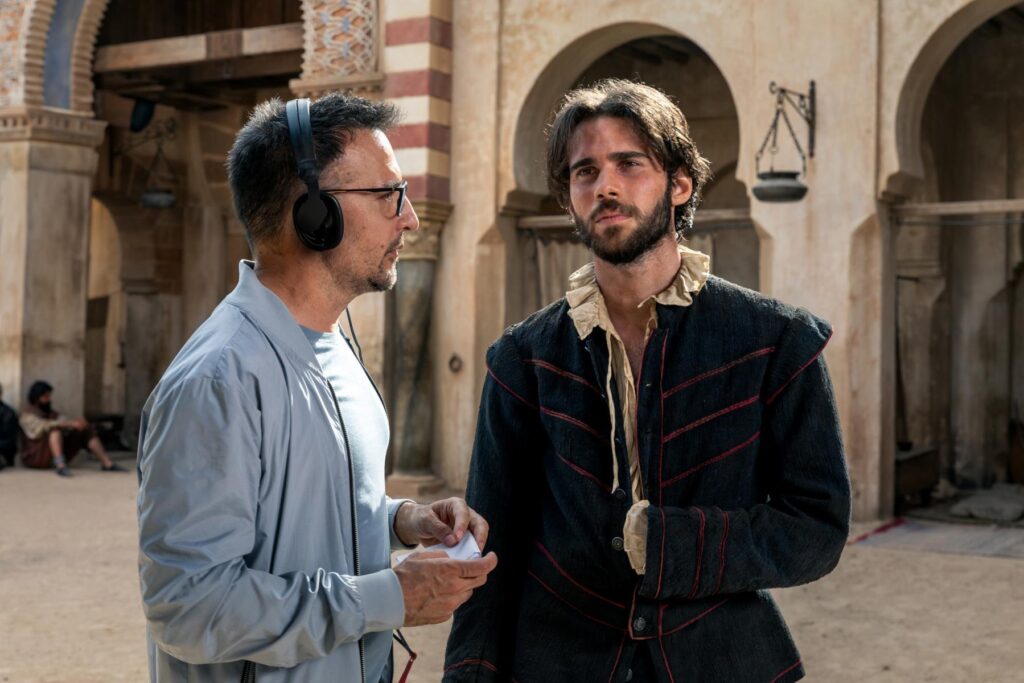
Alejandro, Cervantes is considered as a mediocre poet and I noticed you focused only on his storytelling skills rather than this drawback: is there a reason for that?
Alejandro: Well, Cervantes considered himself a mediocre poet, although I think you can see poetry in his work beyond just his poems—it’s in his novels too. It really depends on how you define poetry. The one thing he truly tried for, and couldn’t achieve, was success in stage theater. When he returned to Spain, that was the moment when theaters were really starting to take off in the cities. But his style didn’t connect with that, so he ended up finding success through his novels. Ironically, he became so modern and well-known through his work in writing novels.
But anyway, I didn’t want to tie the movie too closely to literature. I think films are great for drawing the audience’s attention to this figure and his work, but I didn’t want the movie to carry the weight of his literary legacy. Only Don Quixote had meaning in the movie, and we tried to make that connection.
There is no evidence that confirms Cervantes’ homosexuality, although there were rumours that he was connected to Hasan. Alejandro, why did you choose to portray that speculation? And Julio and Alessandro, how did you navigate playing the balance between the intense love and grudging admiration between the master and slave?
Alejandro: It’s not like we had a DNA test (laughs). This is something that happened four centuries ago. But obviously, I didn’t pull this out of thin air. When I started researching this particular period of his life, I found it in almost every history book I read. So, I thought it was a strong hypothesis—how he managed to escape from life after being caught four times trying to flee. One of the theories is that he developed a very special relationship with Hasán, and I thought that was the perfect angle to explore from a writer’s perspective, especially in terms of drama.
And also, as someone who’s gay, I felt I shouldn’t shy away from the subject. Even though historical consultants might suggest otherwise, I believed the film should portray it as accurately as possible.
What’s next for you three?
Alejandro: I usually don’t overlap projects. When one is over, I focus entirely on the next one. I’m already writing a script that might have nothing to do with this one. But right now, I’m focused on connecting this movie to its audience.
Julio: I have no idea, to be honest. What I do know is that I want to keep challenging myself and stepping out of my comfort zone, because I really enjoyed the challenge this movie presented. I just want to keep doing interesting films and having fun with my work for as long as I can. Next year, I’m going to be doing theatre in Madrid, which is really exciting.
Alessandro: I’m waiting for a movie to be released in Italy—the one I was at Cannes with, called Testa o Croce (Heads or Tails). Right now, I’m about to start shooting a new movie in two weeks—it’s about the life of an Italian alpinist or climber. So, I’ll be heading to the mountains again, and I’m really looking forward to it.
[Author’s Note: As a history enthusiast, I thoroughly enjoyed this conversation. I’m excited to see what future collaborations the three of you bring to the screen.]
